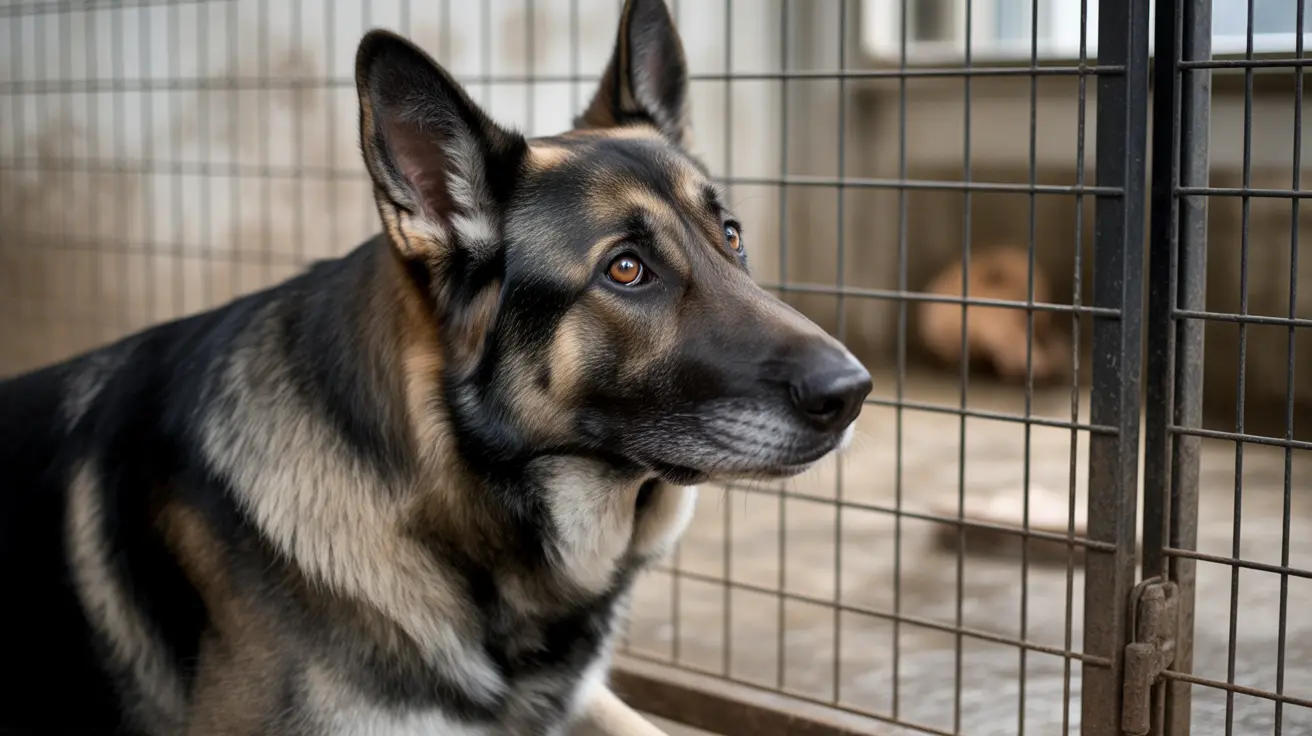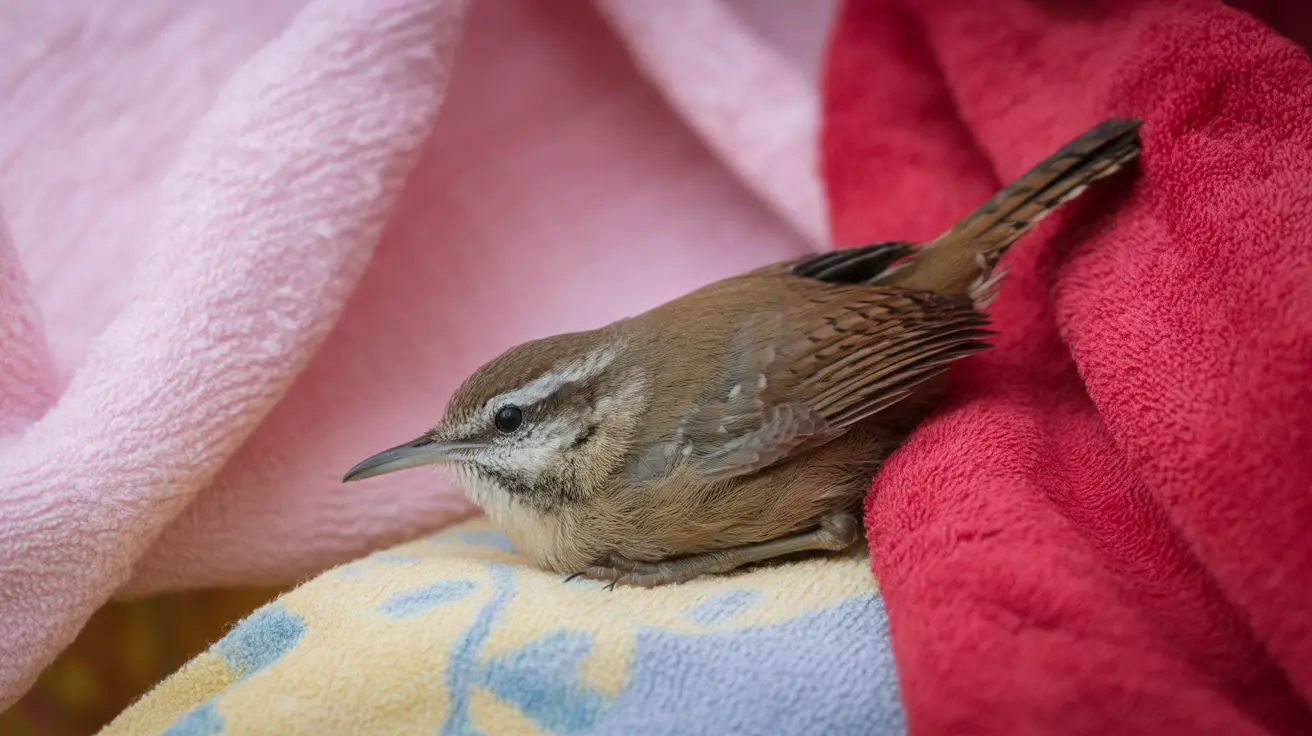If you've noticed your dog's mouth trembling or shaking, you're not alone. Mouth quivering in dogs can range from a harmless response to excitement to a sign of underlying health issues. Understanding why this behavior occurs and when to be concerned is crucial for every pet parent.
In this comprehensive guide, we'll explore the various causes of mouth quivering in dogs, helping you distinguish between normal behavior and potential warning signs that require veterinary attention.
Common Causes of Dog Mouth Quivering
Emotional and Environmental Triggers
Dogs often exhibit mouth quivering when experiencing strong emotions or environmental stimuli. This can include:
- Excitement during playtime or before meals
- Anticipation of treats or walks
- Response to new people or animals
- Reaction to interesting smells or tastes
Stress and Anxiety
Many dogs display mouth trembling as a stress response. Common anxiety triggers include:
- Thunderstorms or loud noises
- Separation from owners
- Changes in routine or environment
- Unfamiliar situations or locations
Medical Causes of Mouth Trembling
Dental Issues and Pain
Oral health problems are a frequent cause of mouth quivering in dogs. These may include:
- Periodontal disease
- Tooth infections or abscesses
- Broken or loose teeth
- Jaw injuries or inflammation
Neurological Conditions
Sometimes, mouth trembling can indicate neurological issues, such as:
- Seizure disorders
- Canine distemper
- White dog shaker syndrome
- Other nervous system disorders
When to Seek Veterinary Care
While some mouth quivering is normal, certain signs warrant immediate veterinary attention:
- Persistent or worsening tremors
- Accompanying symptoms like lethargy or loss of appetite
- Difficulty eating or drinking
- Signs of pain or distress
Prevention and Management
To help minimize mouth quivering related to stress or anxiety:
- Maintain regular exercise and mental stimulation
- Create a calm, consistent environment
- Schedule regular dental check-ups
- Address anxiety triggers through training and behavior modification
Frequently Asked Questions
Why is my cachorro trembling or shaking its mouth?
Dogs may tremble their mouths due to excitement, stress, dental problems, or neurological issues. The cause can often be determined by observing when the behavior occurs and what other symptoms are present.
Can excitement or stress cause a dog's mouth to quiver or chatter?
Yes, both excitement and stress are common causes of mouth quivering in dogs. This is typically a normal response to emotional stimulation and usually resolves once the dog calms down.
What health problems can make a dog's mouth tremble or show jaw shaking?
Health issues that can cause mouth trembling include dental disease, neurological conditions, pain, hypothermia, and metabolic disorders. Some cases may also be related to toxin exposure or infections.
How can I tell if my dog's mouth trembling is serious and requires a vet visit?
Seek veterinary care if the trembling is persistent, accompanied by other symptoms, interferes with eating or drinking, or if your dog appears distressed. Any sudden onset of trembling should be evaluated by a professional.
What treatments or care can help reduce mouth tremors in dogs?
Treatment depends on the underlying cause and may include dental care, anti-anxiety medications, pain management, or specific treatments for diagnosed conditions. Environmental modifications and stress reduction techniques can also help in many cases.
If you notice your dog experiencing mouth tremors, monitor the frequency and circumstances of the behavior, and consult with your veterinarian if you have concerns. Early intervention can often prevent more serious complications and ensure your pet's continued well-being.






